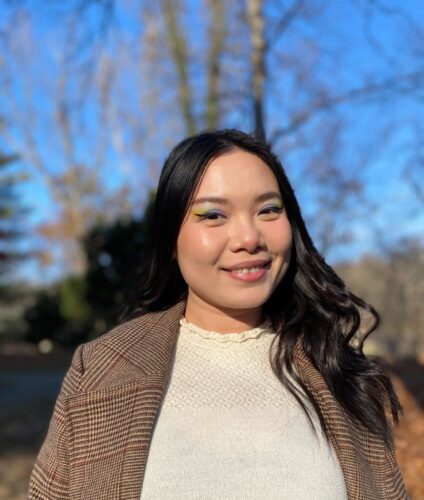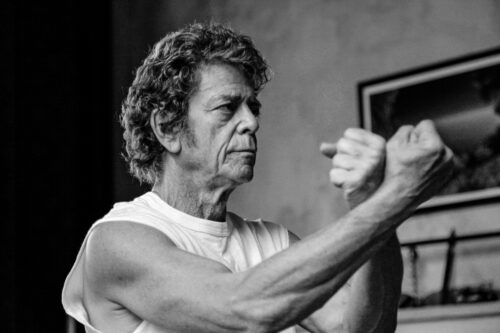Q&A with Lulu C. Wang, a veteran investor who is passionate about giving back
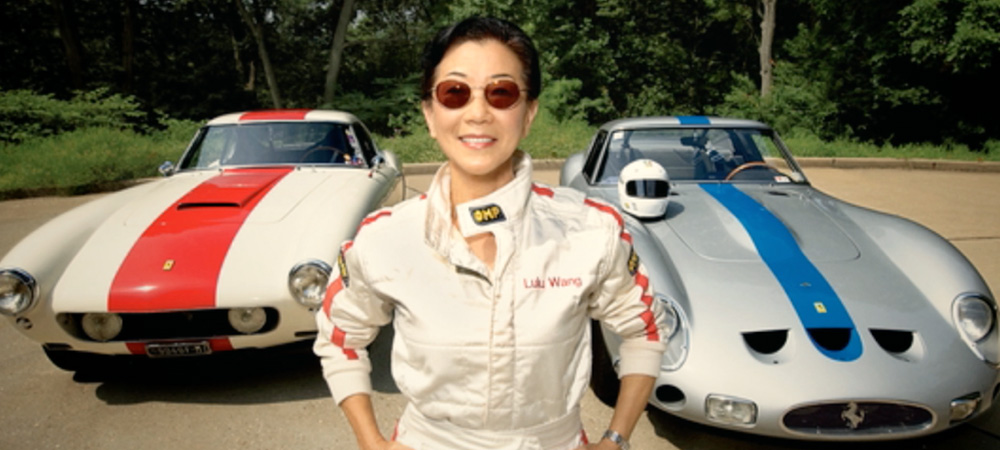
“If you have to use one word to describe me, that is I’m very grateful,” Lulu C. Wang, founder and CEO of Tupelo Capital Management, told The China Project in a recent interview. “I am grateful for all that I have been able to achieve and I’ve chosen to give back to society in ways that I hope are impactful, especially in education and the arts and sciences, and particularly to engage the power of women in these fields.”
An enormously accomplished woman with decades-long experience working in senior positions on Wall Street, Wang is notable for her legendary career in the investment industry. However, she is also widely acclaimed for her meaningful contributions to Wellesley College, where she obtained her B.A. degree, for her deep engagement in a number of nonprofit institutions such as Asia Society, The Metropolitan Museum of Art, and Rockefeller University, and for her mentorship of young women leaders.
Ahead of her appearance at The China Project’s second annual Women’s Conference, which will take place on Monday, May 14, at the Harvard Club of New York, Wang talked to The China Project about her investing career, her work with nonprofits, and her advocacy for women’s education and leadership.
The China Project: You launched your career as a financial writer and then landed in the finance industry. What prompted you to make the decision and how hard was it to make the transition?
Wang: I was curious and interested in public securities. At that time, I had only my Wellesley degree in English literature and had not yet received my M.B.A. So I found my way into the securities field by responding to a position for a financial writer in a securities firm. That was really my entry point. But in just a matter of months, I realized that I really loved investing, so I asked to move from being a financial writer to being a securities analyst. That’s an example of how you get into something from a side door. It wasn’t a hard decision to leave the financial writing because that was just an entry for me into the profession that I came to love.
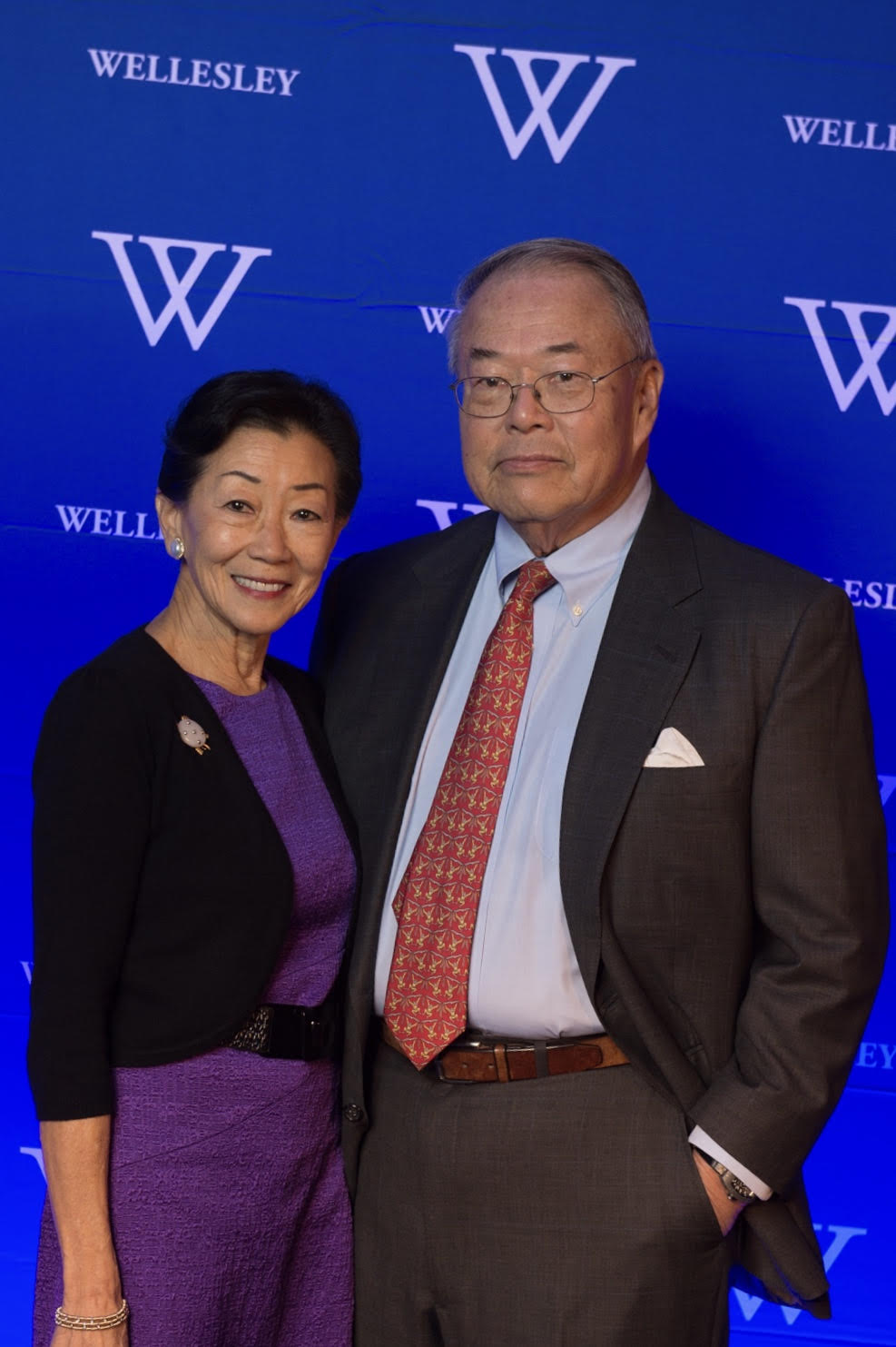
The China Project: You graduated from Wellesley College and made a record-breaking $25 million gift to the school in 2010. Why are you so passionate about Wellesley and women’s education?
Wang: I feel it’s important for me to support Wellesley, women’s education, and women’s leadership. I believe very profoundly that well-educated women make the world a much better place. If women are educated, their children are likely to be better educated, and their standards of living improve, along with stronger family structures. Education is a very important foundation for any family. Because of all these reasons, I’ve been a big supporter for women’s education and for Wellesley, a leader in women’s advancement. The campus center that we underwrote for Wellesley was a way to complement the kind of classroom
experience, to provide shared space for students to gather together, learn from one another, and enjoy one another’s company.
My current project for Wellesley College is something also very exciting. I always look to make
a difference. In the case of Wellesley, the shared space has been successful and has become a hub for campus life now. Years after that, I started to think what else I could do to make a difference, and it became very clear the one thing that Wellesley lacked was the ability to help students figure out their career in early years at school. I didn’t want their search for a fulfilling future to begin in their senior year while looking for a job before graduation. That’s too late. I hoped to provide something at Wellesley that would be a resource to all the students from the day they arrive at the campus, to help them explore the world, where their interests will be, and what the world has to offer them. I wanted to provide for mentors and counselors in the career education center who would be there on the first day of their four-year experience. Even beyond graduation, even in their mid-careers, if they were to have a career change and needed advice and mentorship, that center can still be a resource for them. This is my recent project at Wellesley. It helps young women to discover and pursue the most fulfilling life for themselves.
The project started about two years ago. Since then, the student approval rates for career education at Wellesley has risen from 35 percent to 98 percent. It’s hugely successful. I am so happy and grateful that this has been as impactful and successful as we had hoped.
The China Project: The finance industry is heavily male-dominated. How did you stand out in such a community as a woman and a Chinese American? Did you ever encounter any gender-related or race-related roadblocks in your career? How did you overcome them?
Wang: Unfortunately, it continues to be very much male-dominated, particularly at very senior levels of portfolio management or leadership of investment firms. Nevertheless, I think it is a wonderful industry and one very suited to women. It is intellectually challenging, but it requires both the left and right brain. The left brain assesses data, information, and objective facts. The right brain assesses more qualitative facts, and women are particularly able to manage the exchange between both sides to arrive at insightful decisions in investing.
For me, being a woman and Chinese American in many ways is a plus because in many fields, being differentiated from the competition is always an advantage. This is a basic challenge in marketing. You want to differentiate yourself. For a portfolio manager or analyst, it’s a fundamental requirement to be excellent in what you are doing. But on top of that, being a woman and Chinese American actually served me well as I met with companies and clients. They certainly remembered me, so I don’t think it had a negative impact on my career. In fact, if we view being different as an advantage rather than a disadvantage, it very likely will turn out to be the case.
Being a woman and Chinese American should be considered a positive factor in your life, rather than something holding you back. If you think it negative, it can be negative. But if you think of it as a positive differentiation factor to really set yourself aside from the competition, it can be a great advantage. I found that all races have some certain stereotypes attached to them. People often think of Chinese as smart but nerdy. But if you are smart, and also have a positive attitude and an outgoing personality, and are good with clients, people may be positively surprised. That element of surprise can be a very positive factor in people remembering you and wanting to work with you.
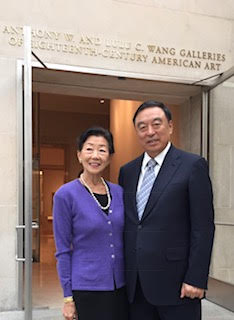
The China Project: You’re one of the elite group of female co-founders and CEOs. Has the landscape for female CEOs and female founders improved in the past few years? What do you notice are some of the trends in the gender leadership gap?
Wang: Unfortunately, people often do have lower expectations of women or minorities in any field. But you can surprise them by being smart and effective. You stand out from the crowd. I think this is becoming more the case. There are more and more women and Asian professionals in the investment field. I see many more women becoming analysts, and they are becoming more and more confident about entering the pipeline toward more senior positions.
The China Project: You are a long-term mentor for many women leaders. Can you share some of your best pieces of advice for aspiring female leaders, especially in the business world?
Wang: When I serve as a mentor to young women, I always tell them to never think it’s a disadvantage for them to be a woman or a minority. I advice them to be self-confident and be willing to take on big jobs. Don’t be so hesitant to take on additional responsibilities. So be confident, put yourself out there, assume you can do your job superbly. So often I encourage young woman to do something that is 120 percent of what you think you can do. Aim higher than what you think you are capable of, and you’ll find that you can do it.
The China Project: You’re involved in a variety of nonprofit and philanthropic work. You serve as vice chair for The Metropolitan Museum of Art as well as for Asia Society, and on the boards of Columbia Business School, Rockefeller University, and the Chazen Institute for Global Business. You also serve on the Advisory Council for U.S. Trust and as a trustee emerita of Wellesley College and New York Public Radio. How does your engagement in these activities influence your life and career?
Wang: I live in New York, and there are so many wonderful institutions that align with my interests. I hope to make a difference by working with these nonprofit organizations and advancing their missions. Optimally, it must be mutually rewarding, so I can contribute to the organization, and it can give me the satisfaction that my gift of time and resources is meaningful.
It wasn’t my initial intention, but my service to these organizations has introduced me to a community of successful and interesting people. They are as busy as I am, and are also taking precious time to support causes that they believe in and which they hope they can advance. I have learned a great deal from my fellow trustees on nonprofit boards, and we have done good work together as well as had fun!
The China Project: How did you get into collecting and racing vintage sports cars? Does your driving experience on the roads have an impact on your business and lifestyle?
Wang: My husband and I collect in a number of fields. The first was vintage sports cars. We love them for the beautifully designed machines they are, so to show our respect for them, we restore them to their original racing condition and drive them on the track and on the open road.
In my field of investing, one has to be very aware of the balance of risk and return. In any investment, you are unlikely to get any kind of credible return if you don’t take some risks. It’s the same thing in driving a car. You have to understand that the faster you go, the more risks you take on a track, and the more likely you’ll have an accident. So you need to enjoy the car, do what you can do, which means you have to drive well and at some speed. However, you don’t want to take on such risk that it will unnecessarily endanger your car. It’s exciting to work on that balance, whether in racing or in investing.
The China Project: As a successful woman with an extensive list of accomplishments, what would you like to achieve next?
Wang: I’d like to continue to do what I am doing now, but to have more time to do everything even better. You can never stop learning — if you are an investor, every day is a new challenge. There are always new industries and companies to study. So every day I wake up, I know there is so much more to learn, and I love that. When you no longer have that, you will be very bored.
There are always new challenges facing nonprofits, whether it’s being relevant, fundraising, engaging the public, or financial sustainability. I hope to help the organizations to which I am committed to meet those challenges and truly impact their communities in the most positive way.
The China Project Women’s Conference: Purchase before April 25 for an Early Bird discount
Catch Lulu C. Wang on Monday, May 14, at the Harvard Club of New York during the second annual The China Project Women’s Conference.
